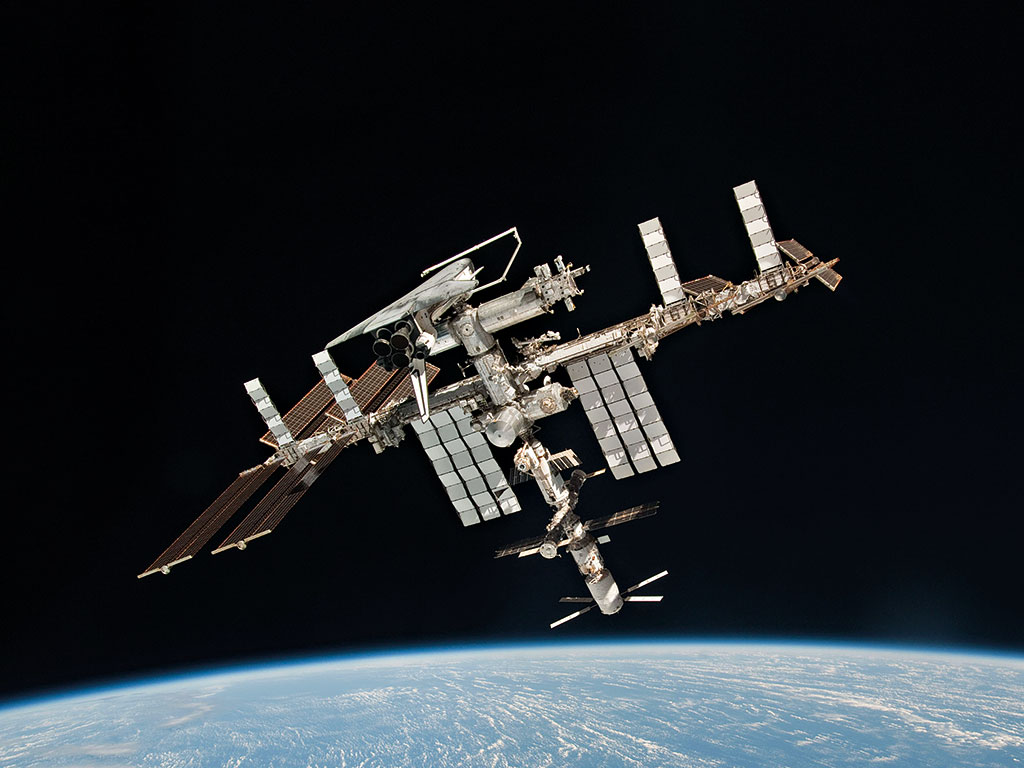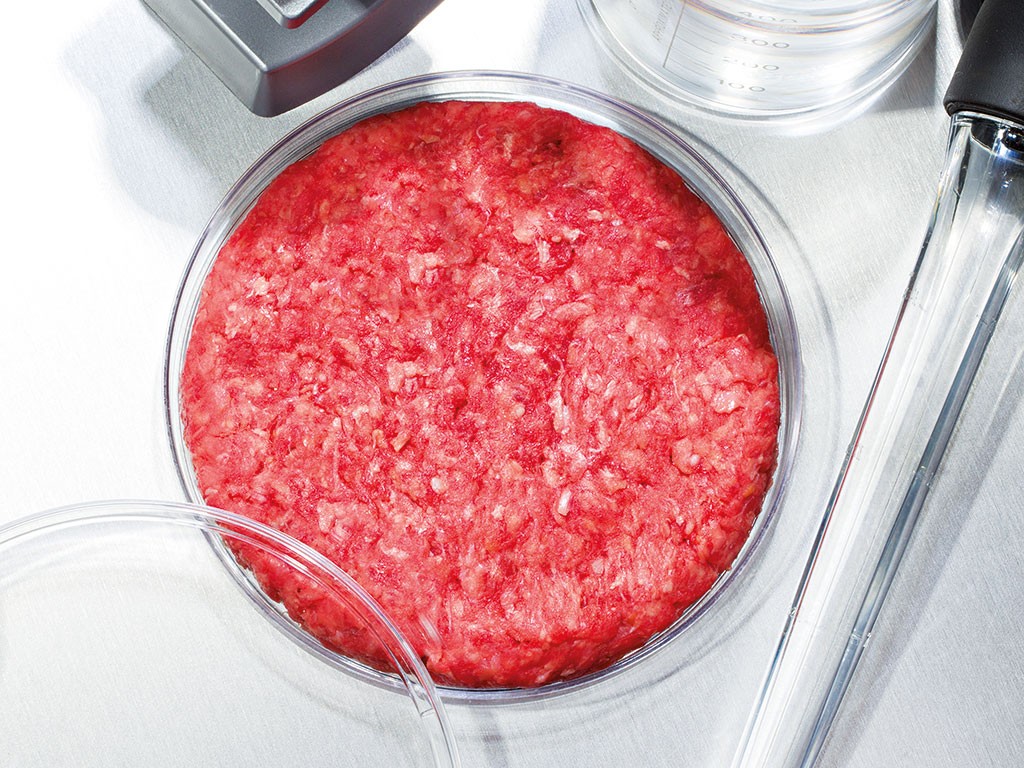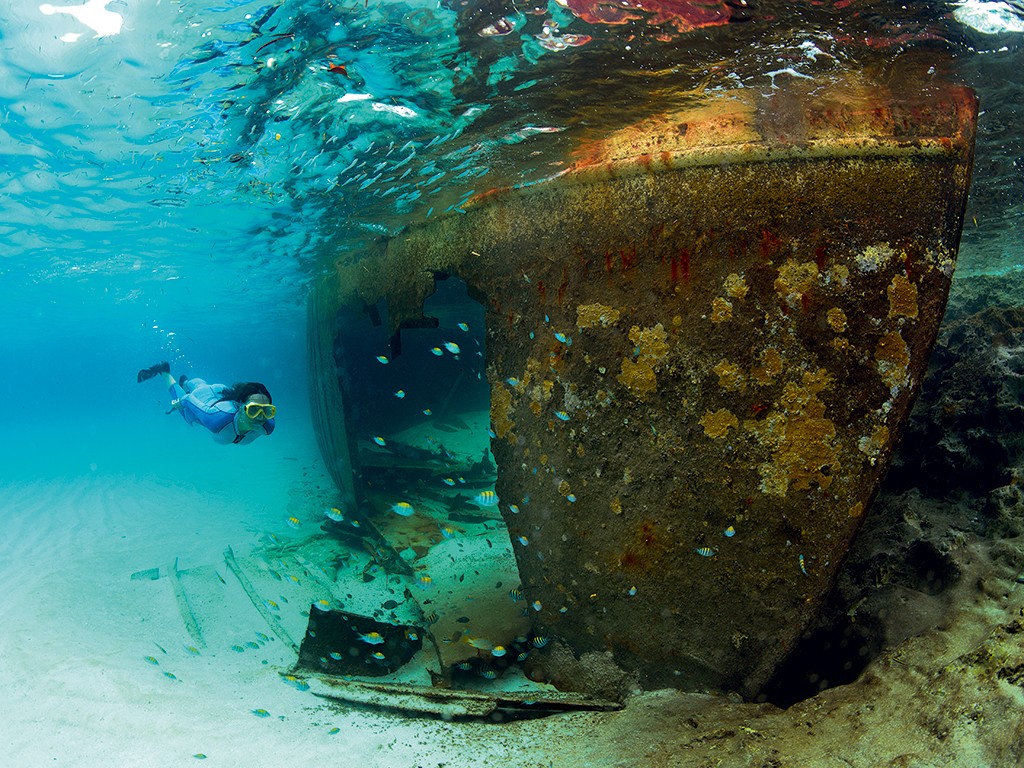Is there any point sending whisky into space?
Japanese manufacturer Suntory is sending whisky into space. To some, it’s the latest exciting development in prestige drink. To others, it’s a waste of resources and alcohol

Tom Bailey believes that Suntory's decision to send whisky into space is revolutionary and exciting - but Aaran Fronda argues it's a waste of time and energy, especially when we can't even taste the results

Sending casks of whisky into space not only makes commercial sense, it could also provide an improved method of maturation
It is easy to mock outlandish attempts at preparing food or drink. Whether it’s the £1,000 burger covered in real gold flakes by a restaurant in Chelsea, or coffee made from weasel droppings priced at £325 a cup, a market for apparently obscenely priced food and drink with a certain novelty attached to it exists. Likewise, the geographical location of food and drink has always been deeply entwined with its perceived value.
Sir Francis Bacon encouraged us to put nature on the rack and expose its secrets
Food and drink have often functioned as indicators of prestige and, since the start of trade, where certain foods and drinks have originated has been a component and indicator of that prestige. In early modern Britain, food brought from France functioned as such an indicator. According to the British Library, the famous 17th century diarist Samuel Pepys “was extremely impressed to learn that his friend the Earl of Sandwich intended to employ a French chef, writing in his diary that the Earl had ‘become a perfect courtier’”.
This continues today, with fizzy wines from the Champagne region costing more than those from other regions primarily due to the fact they come from that part of France, or caviar from the Caspian Sea fetching more on the market than the same product from other bodies of water. Add the prefix of a certain region or country before a product’s name, or add the caveat of “imported from X”, and someone, somewhere will be willing to part with a larger part of their income for that product.
With extravagant novelty or exotic origins meaning a product can lead those flush with cash to pay higher prices, sending their product into space makes perfect commercial sense for a whisky company. It is hard to think of anything more novel than consuming something that has safely left for and returned from outer space, and, geographically, there is nowhere more distant or exotic.
But this isn’t just about cold, hard economic calculations, made by those with a mind to exploit the odd excesses of the well heeled; the experiment also offers a chance to see how the ageing process of whisky is affected in different environments. Improvement in the product, not just profitable novelty, could be the outcome. Sir Francis Bacon (who enjoyed a dram or two himself) encouraged us to put nature on the rack and expose its secrets.
Whisky itself is prepared by keeping it in wooden casks for years. When the drink was invented, the idea of storing fermented grain in wooden barrels for long periods of time must have seemed outlandish, especially considering the precariousness of existence and low life expectancy: why wait seven years to drink something? Yet someone decided the delayed gratification of storing this brown liquid in a wooden vessel was worth it. And of course they did not regret it.
The results of sending these casks into the outer orbit of the Earth are unpredictable – which is exactly why it should be done. All human advances have formed slowly over time, through trial and error. A new, improved version of the drink might be created on this 13-month voyage, and, if not, we can add it to the long list of experiments that have returned no results and start looking for the next frontier.

Not only is Suntory’s decision an insult to lovers of a good single malt, but it also prevents important research being conducted
Construction of the International Space Station (ISS) started on November 20, 1998, with 16 countries working together to launch the Zarya module into orbit around the Earth. Since then, a further 13 pressurised modules have been launched and successfully connected to the structure, with an additional one scheduled for docking in February 2017.
Not only does this represent the pinnacle of human ingenuity and embody what can be achieved when mankind works with, rather than against, itself, the ISS has a number of practical uses too. Serving as an orbital laboratory, it offers researchers from all over the world the chance to conduct various experiments within a microgravity environment.
They’d be better off grabbing a bottle of Highland Spring
Some of these tests are extremely useful for the development of our species, offering insights that help us improve our understanding of the universe and ourselves. Others, like sending the best whisky in the world into space, are nothing more than expensive gimmicks that waste valuable time, energy and above all space aboard the ISS that could be put towards far nobler causes.
After all, one day, a long time from now – between five and seven billion years in fact – we will have to venture off this planet and attempt to colonise another. In order to do this, man will have to explore deep space. One of the major hurdles to long-distance space travel is that, without the protection of the Earth’s ozone layer, humans will eventually feel the effects of long-term exposure to space radiation.
In order to learn more about how such radiation affects us over time, NASA plans to send a number of frozen mice embryos to the ISS for a prolonged period of time. They will then be implanted into living mice once they return to Earth, allowing scientists to study them for longevity, cancer development, and even possible mutations.
Yet, the only justification the Japanese beverage company Suntory can muster for why its whisky deserves to take up space on the ISS is to find out if microgravity will help it to produce a mellower mouthful of its signature drink.
And if the whole thing seems beyond stupid to you, then you are not alone, as Steve Ury, an American whisky expert and author of the popular blog Sku’s Recent Eats, apparently feels the same. “To most people, what ‘smooth’ means is reducing the alcoholic burn”, he told the Los Angeles Times. “What produces that is more water.”
If Suntory are really interested in making a mellower tasting spirit, then they’d be better off following in their Scottish cousins’ footsteps and grabbing a bottle of Highland Spring with which to dilute their beverage, rather than whacking a load of whisky onto the top of a rocket.
“To me, space barrel ageing is sort of an absurdity”, said Ury. “I don’t know what the effect will be at zero gravity on ageing, but I’m not sure it matters. There’s no practical way to keep ageing your barrels in space.”
Worst of all, when the world’s best whisky finally returns from its little stint outside our atmosphere, we won’t even get the opportunity to try a tipple. The Japanese distillery is apparently refusing to put the drink on sale, denying whisky lovers from all over the world a chance to sample a wee space dram.













